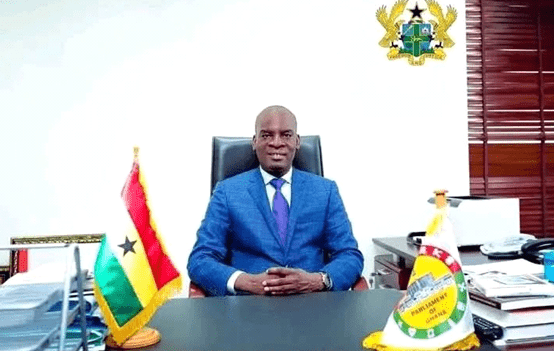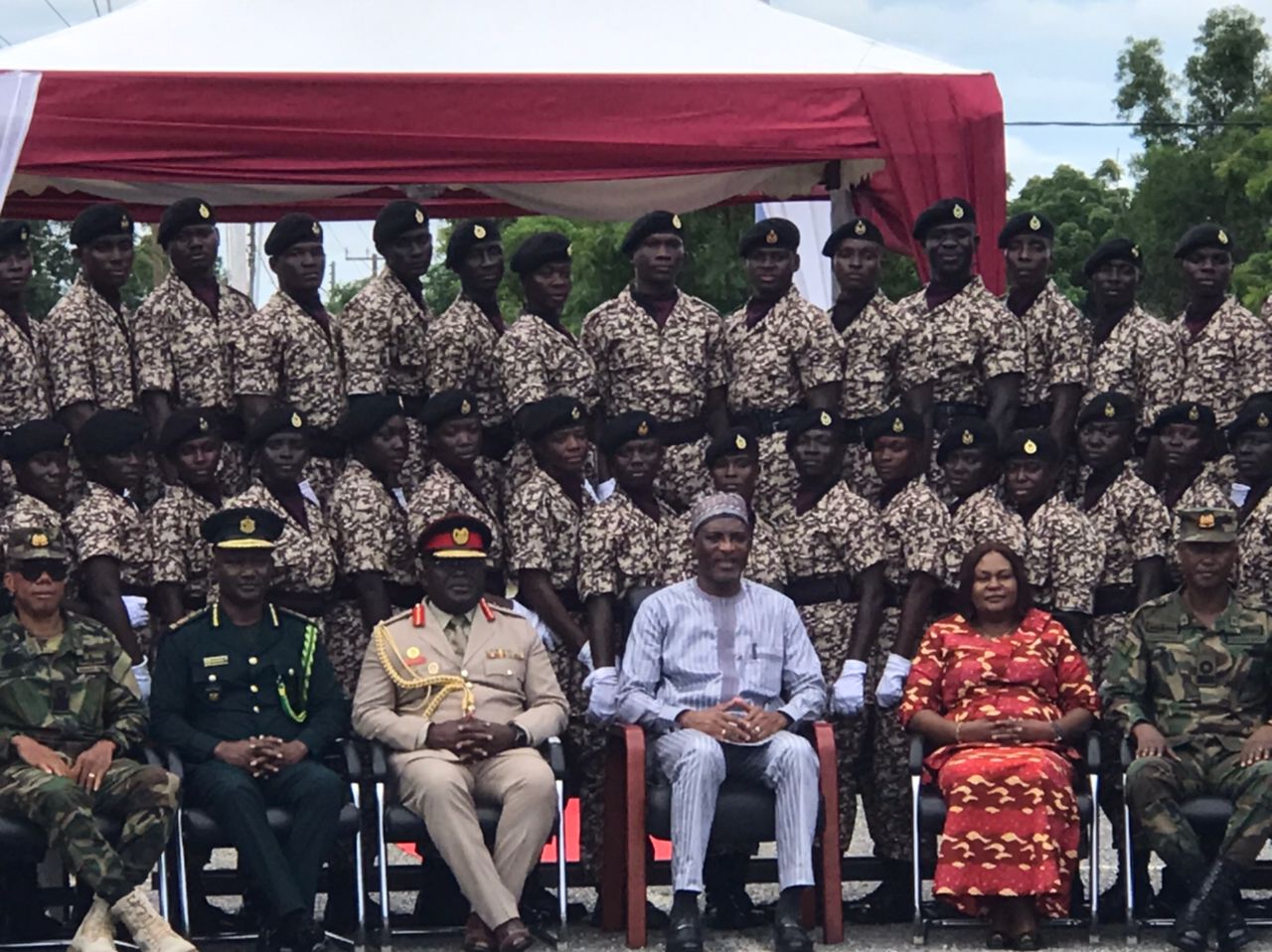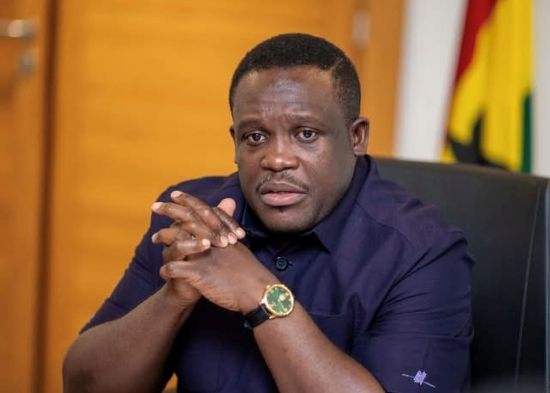The government is weighing a plan to expand Ghana’s Students’ Loan Scheme to cover all deserving tertiary students whether enrolled in public or private institutions the Minister of Education, Haruna Iddrisu, has announced.
Speaking at the inauguration of the new Governing Council of the Ghana Tertiary Education Commission (GTEC) in Accra last Friday, Mr. Iddrisu said a fiscal assessment was underway to determine the feasibility of the expansion.
“We are doing a fiscal assessment, and as and when that is completed, we’ll take a decision,” he said.
“After all, it is a loan. It is to be paid back. What is important is to manage it well, increase the threshold, and ease the burden on students.”
The move is aimed at boosting access to tertiary education and ensuring that financing is not a barrier for qualified students.
At the same event, Mr. Iddrisu swore in a 13-member GTEC council chaired by Professor Mahama Duwiejua.
Other members include representatives from Vice Chancellors Ghana, private universities, the Ministries of Education and Finance, the Attorney General’s Department, the Ghana Education Service (GES), and the Commission for Technical and Vocational Education and Training (CTVET).
The minister urged the council to safeguard educational standards and to resist pressures that could compromise the quality of higher education in the country.
Touching on the status of private universities, Mr. Iddrisu proposed a 10-year transition policy, after which no private university would be allowed to operate without a Presidential Charter.
While assuring that the Ministry would not interfere with GTEC’s regulatory independence, he warned that private universities “cannot be on their own forever and into perpetuity.”
He also emphasized that affiliations with public universities should not be used as a cover to dilute quality and called for a review of the current charter regime.
Mr. Iddrisu admitted that the overall state of Ghana’s higher education system needs urgent attention, citing concerns raised by UNESCO about overcrowded classrooms, poor facilities, and a serious disconnect between university outputs and the job market.
“The President has asked me to remind this Commission that in Ghana, there is a disconnect between what the universities are producing and what industry and commerce require and more importantly, what the future human resource needs of the country demand,” he said.
In a move to address technical skills development, Mr. Iddrisu announced plans for a dedicated Technical and Vocational Education and Training (TVET) Fund, modeled after Germany’s system.
He said the fund had already made a minimum allocation for 2025, signaling government intent to build at least one center of vocational excellence in every region by 2027.
Responding on behalf of the council, Professor Duwiejua thanked the President and the Minister for the trust placed in them and pledged that the council would work diligently to uplift tertiary education in Ghana.
“We accept this appointment mindful of the challenges ahead. We will not disappoint,” he said.
By: J.W Quarm





